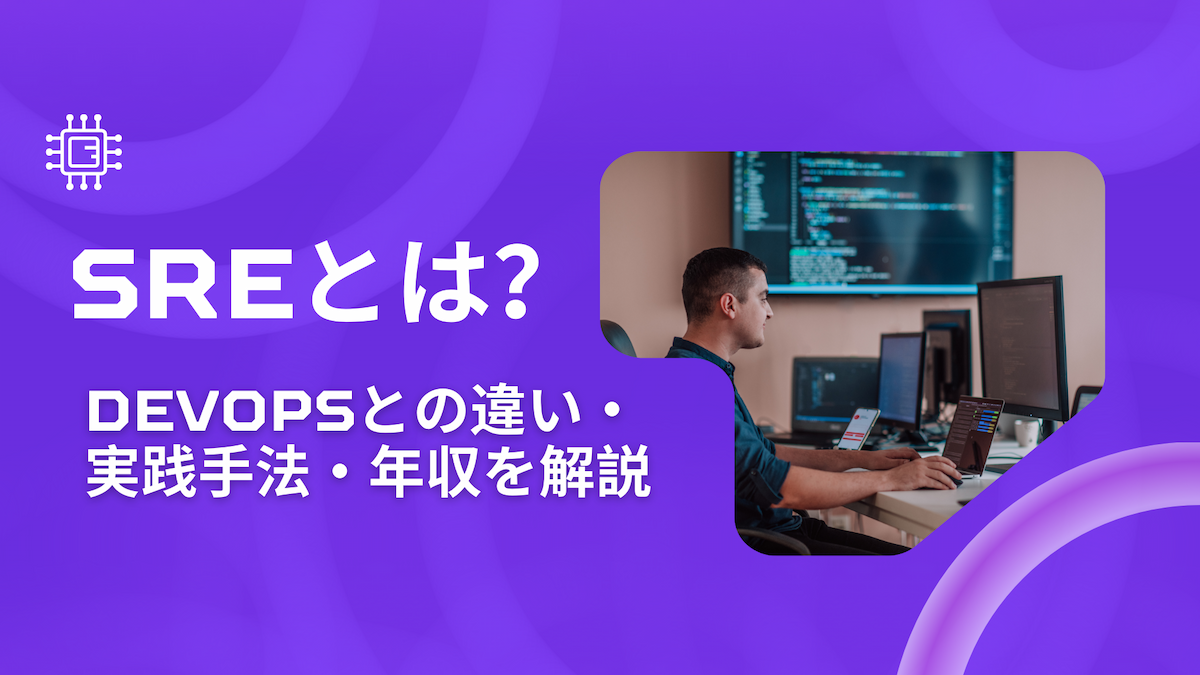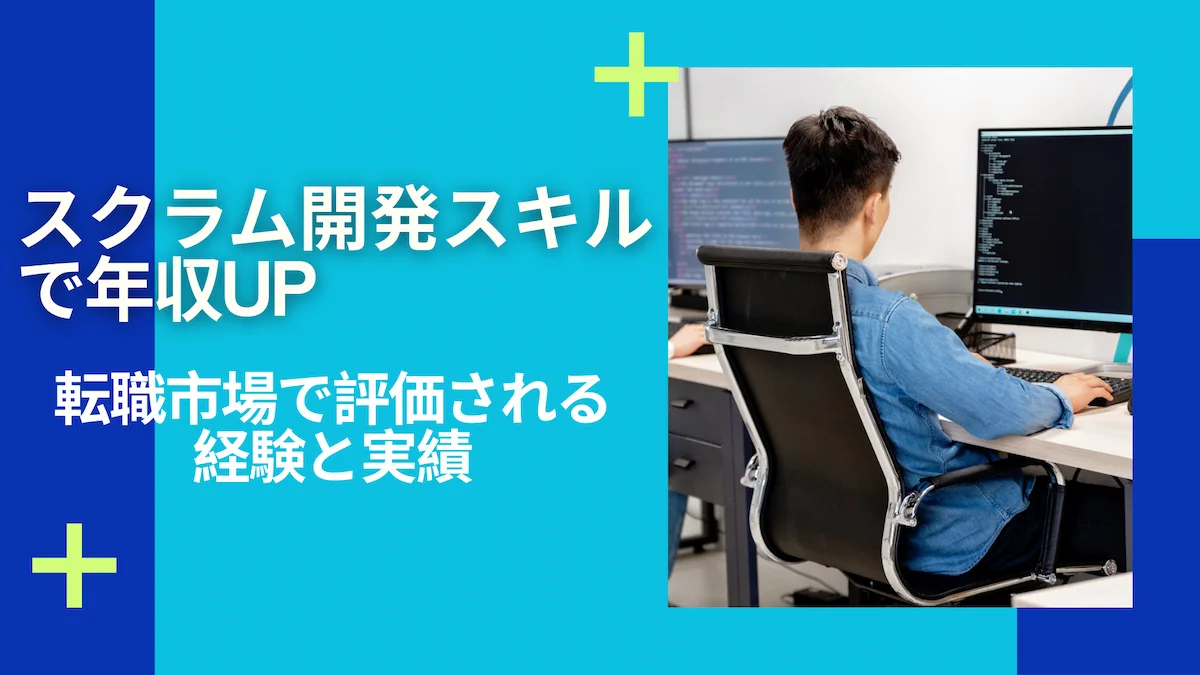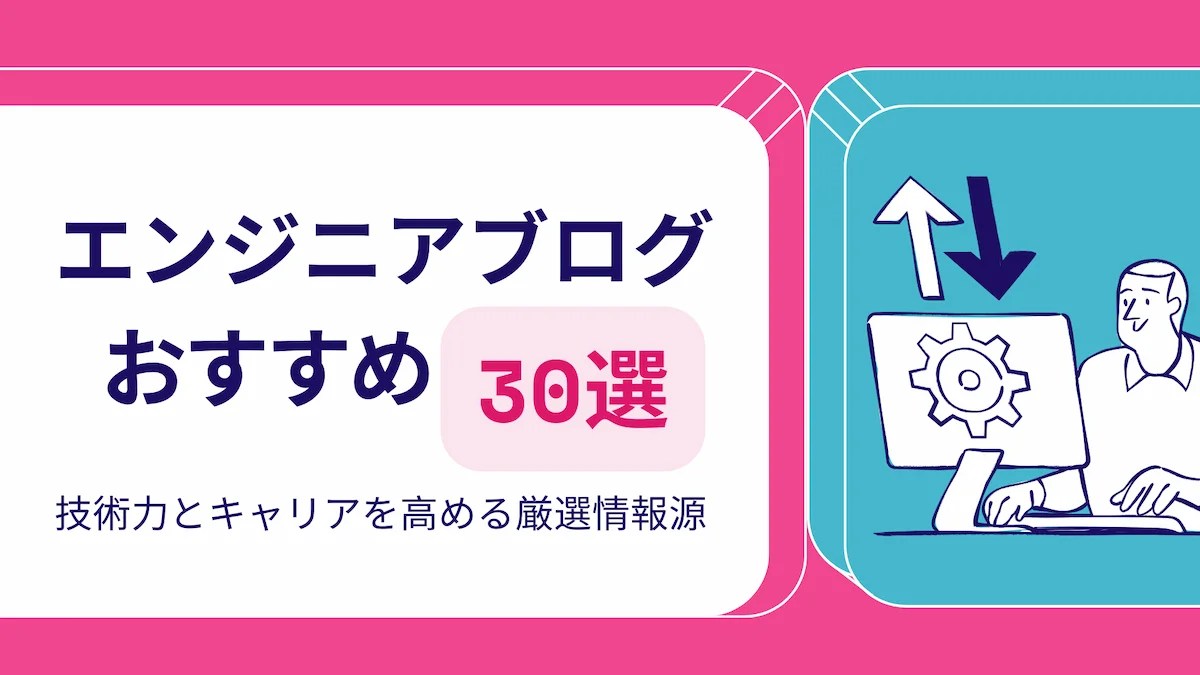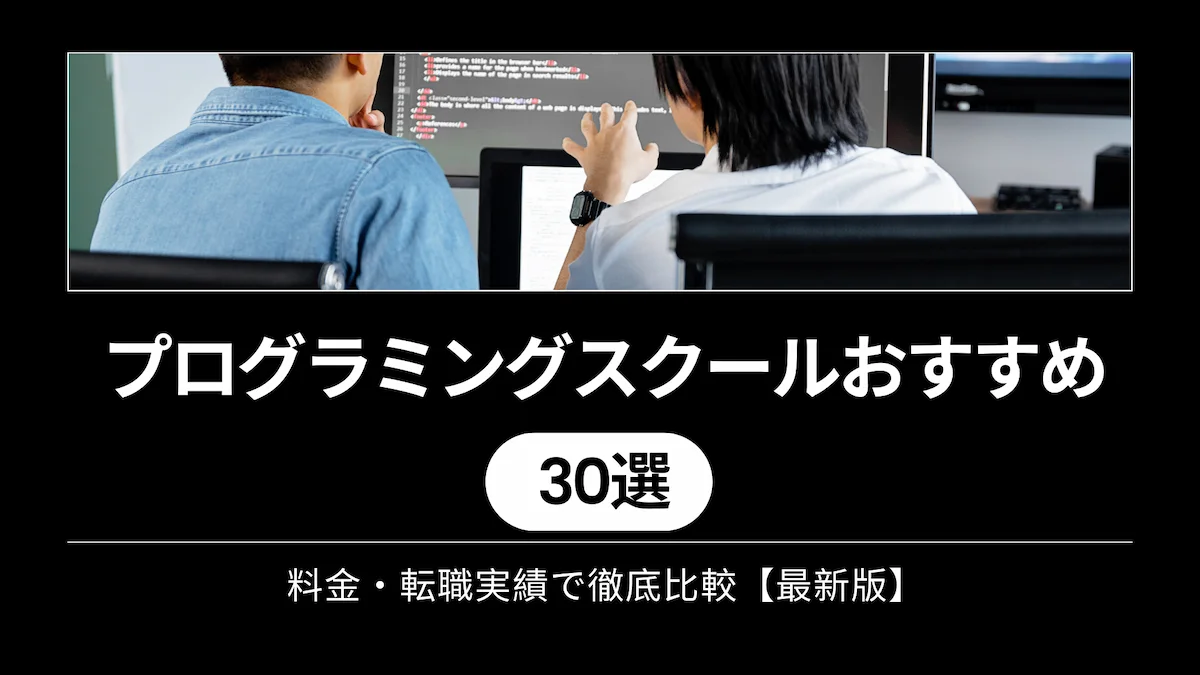The demand for skilled foreign engineers in Japan’s IT market is rapidly increasing.
With up to 790,000 IT professionals expected to be in shortage by 2030, which programming languages are most sought after in Japan?
This comprehensive guide covers the key points foreign engineers need to build their careers, industry-specific demand trends, and high-potential languages for the future, providing the latest data and practical advice.
- Which programming languages Japanese companies demand most and their market value.
- How foreign engineers can leverage global skills for Japan’s IT market.
- Which skill combinations lead to successful tech careers in Japan.
1. Current State and Potential of Foreign Engineers in Japan’s IT Market

Japan’s IT industry is currently experiencing a surge in demand for high-quality IT professionals due to the rapid advancement of digital transformation (DX) and the proliferation of AI technologies.
However, domestic talent alone cannot meet this demand, leading to increased expectations for foreign engineers.
Japan’s IT Talent Shortage and Expectations for Foreign Engineers
According to a Ministry of Economy, Trade and Industry (METI) survey, Japan’s IT talent shortage is projected to reach up to 790,000 professionals by 2030.
Against this backdrop, many Japanese companies are actively recruiting foreign engineers.
Areas where companies expect foreign IT engineers to contribute
- Technical expertise: Professionals skilled in cutting-edge technologies (AI, cloud, blockchain, etc.)
- Global perspective: Introduction of international development methodologies and latest trends
- Multilingual and multicultural support: Bridging language and cultural barriers for overseas expansion
Reference: Ministry of Economy, Trade and Industry: About IT Human Resources
Three Keys to Success for Foreign Engineers in Japan
To succeed as a foreign engineer in Japan’s IT market, the following three elements are particularly important:
- Acquiring technical skills aligned with market needs Understanding technology areas with specific demand in Japan and building skill sets accordingly. The financial industry values Java and COBOL skills, while manufacturing values C/C++ and embedded systems development.
- Strengthening communication abilities Even without perfect Japanese proficiency, basic communication skills and understanding of technical terminology required for work provide significant advantages. Japanese language ability sufficient for technical discussions and the capacity to clearly express opinions are highly valued.
- Adaptability to Japanese development culture Japanese development environments prioritize quality and reliability above all. Detailed documentation is emphasized, and team-wide achievements are valued. A flexible approach that understands these characteristics while incorporating positive aspects of one’s home country’s development culture is highly appreciated.
2. Characteristics of Programming Skills Sought by Japanese Companies

Programming skills sought by Japanese IT companies share commonalities with global markets but also have several unique characteristics.
Understanding these helps identify how to leverage your skills effectively.
Differences in Technology Selection Between Japanese and Overseas Companies
◆Stability-focused technology choices
Japanese companies tend to choose proven, stable technologies over cutting-edge ones.
Particularly in large corporations and financial/public sectors, system construction is often premised on long-term operation, creating high demand for mature languages like Java, C#, and COBOL.
◆Conservative approach to adoption decisions
While overseas companies adopt new technologies relatively quickly, Japanese companies are cautious about introducing new technologies.
This stems from a culture that “doesn’t tolerate failure” and prioritizes compatibility with existing systems, though startups are showing changes.
◆Vendor dependency trends
System development dependent on specific vendors or packages is common, with widespread adoption of Microsoft technologies (.NET, SQL Server), Oracle, SAP, and other packages.
Strengths Japanese Companies Expect from Foreign Engineers
◇Knowledge of cutting-edge technologies
Foreign engineers with knowledge or experience in technology areas where adoption has been slow in Japan (cloud-native, AI/ML, blockchain, etc.) tend to be highly valued.
◇Global standard development methodologies
Practical experience with development methodologies standardized overseas, such as Agile development, DevOps, and CI/CD, is prioritized in Japanese companies’ DX initiatives.
◇Diverse perspectives
Engineers from different cultural backgrounds are considered capable of providing diverse perspectives in user experience and product design. This is particularly valued by companies targeting global markets.
Technical Qualities Valued Beyond Language Skills
◆Commitment to quality
Japanese development environments place great emphasis on code quality and maintainability. The ability to write robust, well-organized, and documented code is highly valued.
◆Documentation capabilities
Documents such as design specifications and requirement documents play important roles in the development process. The ability to clearly document technical content is essential.
◆Problem-solving approach
The ability to propose different approaches and creative solutions to technical problems is also highly valued. Communication skills to properly analyze problems and share them within the team are important.
◆Attitude toward continuous learning
To respond to rapid technological evolution, an attitude of constantly absorbing new knowledge and updating skills is required.
■日本でエンジニアとしてキャリアアップしたい方へ
海外エンジニア転職支援サービス『 Bloomtech Career 』にご相談ください。「英語OK」「ビザサポートあり」「高年収企業」など、外国人エンジニア向けの求人を多数掲載。専任のキャリアアドバイザーが、あなたのスキル・希望に合った最適な日本企業をご紹介します。
▼簡単・無料!30秒で登録完了!まずはお気軽にご連絡ください!
Bloomtech Careerに無料相談してみる
3. [Latest] Top 10 In-Demand Programming Languages in Japan
![3. [Latest] Top 10 In-Demand Programming Languages in Japan](http://global.bloomtechcareer.com/wp-content/uploads/2025/06/Top-10-In-Demand-Programming-Languages-in-Japan.webp)
Programming languages sought in Japan’s IT market change according to industry trends and corporate technology strategies.
As of 2025, here are the high-demand programming languages that foreign engineers should pay attention to.
Java – Strong Demand in Large Japanese Corporations and Financial Institutions

Java holds an overwhelming share in large corporations and financial institutions, widely used for core systems and mission-critical applications.
Background of Java demand
- Stability and maturity
Suitable for enterprise systems premised on long-term operation - Abundant talent market
Easy team formation - Standardization
Well-established Spring Framework and Jakarta EE
Major hiring companies
Megabanks, insurance companies, major SIers, public system development companies
Salary range
5-12 million yen
Legacy system modernization projects in the financial sector are particularly increasing, with high demand for engineers proficient in both Java and cloud technologies.
JavaScript/TypeScript – Essential Languages for Frontend Development

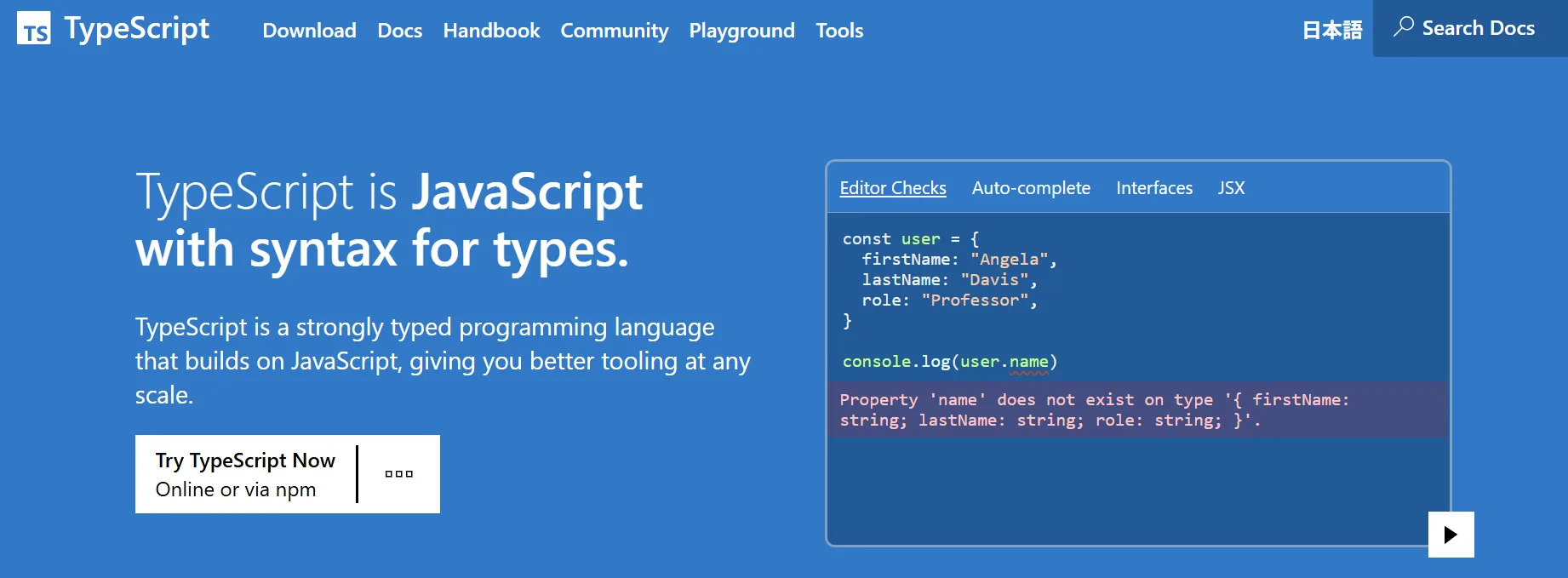
JavaScript/TypeScript are indispensable for web frontend development, with TypeScript experiencing rapid adoption growth in Japanese companies due to type safety.
Background of JavaScript/TypeScript demand
- Web application proliferation
Web-based transformation of many business systems - Framework development
Maturation of React, Vue, and Angular - Full-stack development
Expansion of backend development with Node.js
Major hiring companies
Web companies, SaaS development companies, startups
Salary range
4.5-10 million yen
TypeScript demand increased by approximately 60% from 2023 to 2025, becoming nearly standard in large-scale frontend development.
Python – Surging Demand in Data Analysis and AI Fields
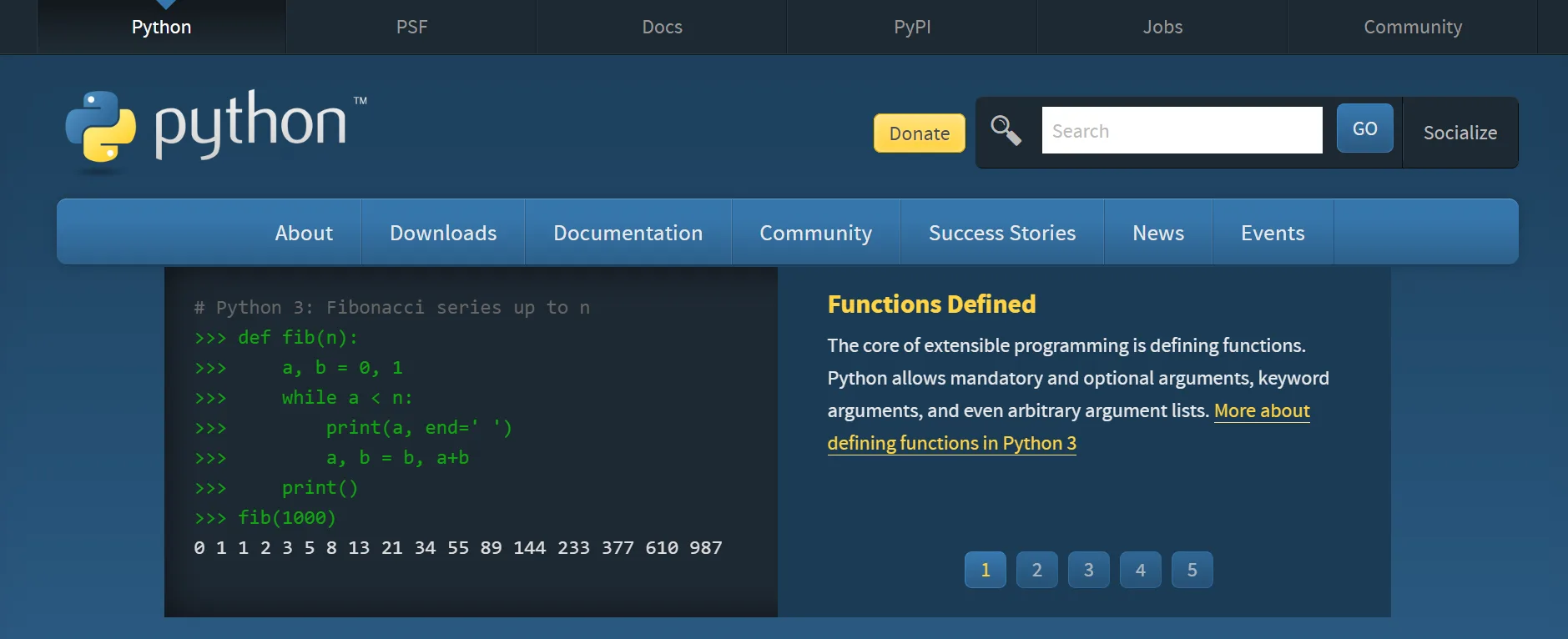
Python adoption is rapidly increasing in AI, machine learning, and data science fields, playing an important role in Japanese companies’ DX initiatives.
◇Background of Python demand
- Accelerated AI/ML adoption
Many Japanese companies introducing AI technology - Emphasis on data utilization
Big data analysis and BI tool integration - Automation needs
Expanding use in RPA
Major hiring companies
Startups, major IT companies, manufacturing R&D departments, financial institution analysis departments
Salary range
5-13 million yen
For foreign engineers, this field offers advantages due to cutting-edge AI technology and easy access to English documentation.
C# – Utilized in Business Application Development

C# is widely adopted in business application development due to its compatibility with Microsoft products.
◆Background of C# demand
- Microsoft product proliferation
Development with Office integration and .NET environment - WPF and Xamarin GUI development
Desktop and mobile app development - Azure integration
Integration with Microsoft cloud services
Major hiring companies
SIers, internal system development departments, game development companies, business package software companies
Salary range
4.5-9 million yen
.NET developer demand remains consistently high, particularly important in Windows-based enterprise system development.
PHP – Widely Used in SME Web Development

PHP is widely adopted in web development, especially among small and medium enterprises, due to low implementation costs and development speed.
◆Background of PHP demand
- WordPress proliferation
Approximately 40% of Japanese websites use WordPress - E-commerce market expansion
Increased demand for e-commerce site development - Legacy code maintenance
Many existing PHP system maintenance and operation projects
Major hiring companies
Web production companies, e-commerce site operators, small to medium-scale SaaS development companies
Salary range
4-8 million yen
Engineers with knowledge of modern frameworks like Laravel and Symfony are particularly valued for legacy code refactoring projects.
Ruby – High Adoption Rate Among Japanese Startups as a Japan-Originated Language

Ruby, as a programming language originating from Japan, has high adoption rates especially among startup companies, with an active domestic community.
◇Background of Ruby demand
- Ruby on Rails productivity
Rapid prototyping and development - Rich domestic community
Abundant Japanese language information sources - Startup ecosystem
Many famous startups adopt Ruby
Major hiring companies
Startups, Ruby on Rails specialized development companies, in-house service development companies
Salary range
4.5-10 million yen
For foreign engineers, while English technical documentation is abundant, participation in Japan’s unique community is beneficial for career development.
Go – Expanding Demand in Microservices and Cloud Infrastructure Development

Go is experiencing expanding demand in cloud infrastructure and microservices development due to high performance and easy concurrency.
◆Background of Go demand
- Cloud-native development
Excellent compatibility with Kubernetes and Docker - Microservices architecture
Optimal for environments requiring lightweight and high-speed execution - High-paying language
High market value due to relative shortage of Go developers
Major hiring companies
Infrastructure departments of major IT companies, cloud service providers, FinTech companies
Salary range
6-14 million yen
Go language specialists are in short supply in Japan, making skill sets combined with automation and DevOps fields attractive.
Swift/Kotlin – Stable Demand in Mobile App Development Market
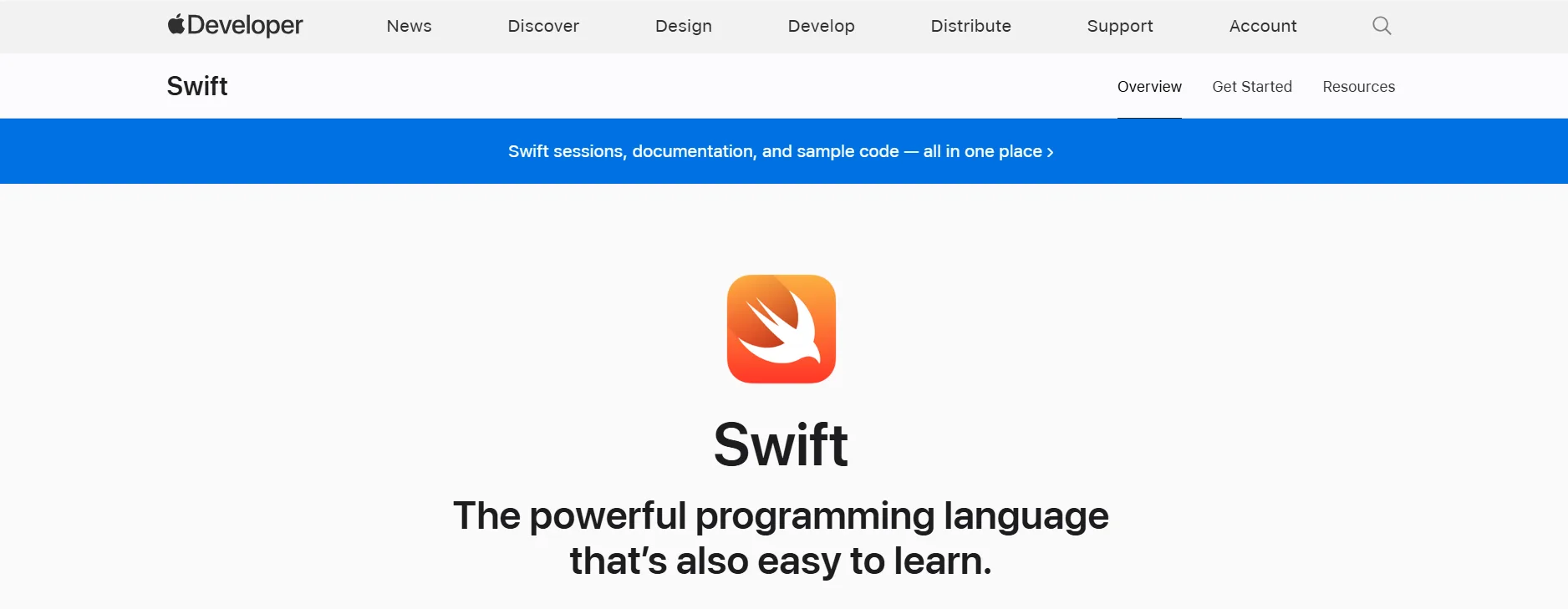

Swift (iOS) and Kotlin (Android) have stable demand as standard languages for smartphone app development.
◇Background of Swift/Kotlin demand
- Mobile-first strategy
Many companies prioritize mobile apps - Domestic app market growth
Increasing demand for gaming, e-commerce, and service apps - Native app advantages
Needs in scenarios prioritizing performance and UX
Major hiring companies
Mobile app development companies, game development companies, mobile departments of major companies
Salary range
5-11 million yen
iOS app developer demand is particularly high, with Swift engineers who combine UI/UX design knowledge having high market value.
Scala – Increasing Adoption in Large-Scale Data Processing Systems
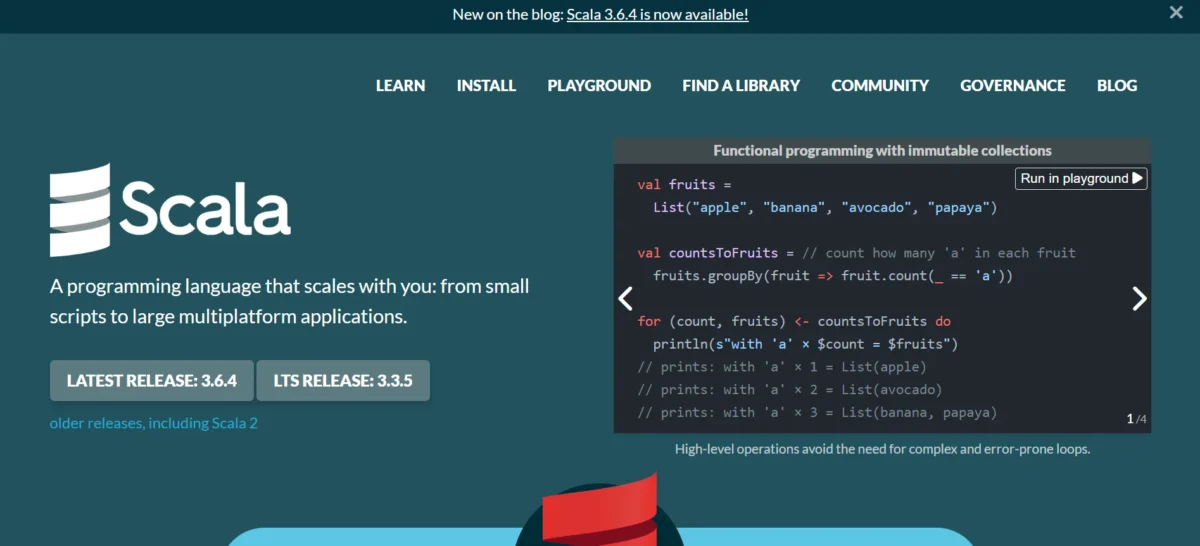
Scala adoption is increasing in large-scale data processing and high-load system development. Demand is particularly growing in financial and social media companies.
◆Background of Scala demand
- Functional programming advantages
Improved safety in concurrent and asynchronous processing - Java compatibility
Easy integration with existing Java systems - Akka ecosystem
Advantages in distributed system construction
Major hiring companies
Financial tech companies, large-scale web services, data processing specialized companies
Salary range
6.5-13 million yen
Engineers with experience in frameworks like Apache Spark and Akka are in particularly high demand.
COBOL – High-Rate Projects for Maintaining Japanese Financial and Public Legacy Systems
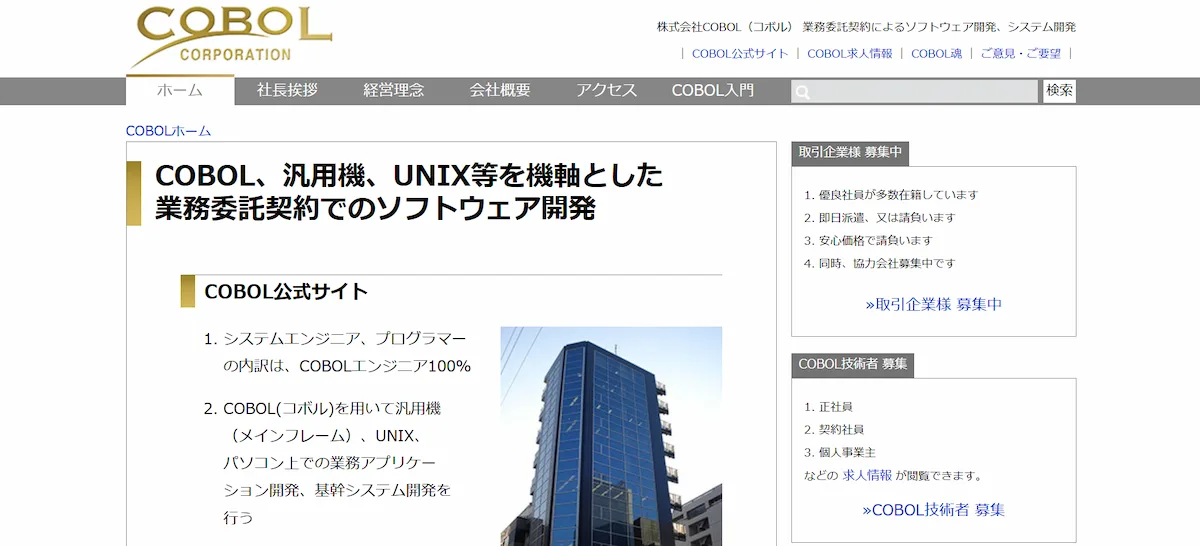
Despite being an older language, COBOL is widely used in financial institutions and public core systems, with high demand for maintenance development.
◇Background of COBOL demand
- Legacy system maintenance
Many core systems built with COBOL - Specialist shortage
Few new entrants and aging technician population - High stability requirements
Use in mission-critical financial systems
Major hiring companies
Major banks, insurance companies, public system development companies, major SIers
Salary range
5-12 million yen
Foreign engineers with COBOL expertise are relatively rare, making it a significant differentiating factor.
4. Industry-Specific Programming Language Demand in Japanese Companies

Language demand in Japan’s IT market varies significantly by industry. Understanding which industries align with your skill set is crucial.
Language Skills Sought in Financial and Insurance Industries
The financial and insurance industries represent one of Japan’s largest IT investment sectors, offering numerous opportunities for foreign engineers.
Primary languages and their uses in financial and insurance industries
- Java: Development and operation of core systems and trading systems
- COBOL: Maintenance and operation of legacy systems (especially banks and life insurance)
- C/C++: High-speed processing systems like high-frequency trading
- Python: AI/ML applications for risk analysis, market prediction, fraud detection
- JavaScript/TypeScript: Customer-facing web applications
Characteristics of financial and insurance industries:
The financial industry has strict regulatory and compliance requirements, with system stability and reliability as top priorities. Many mission-critical systems require 24/7/365 operation, making robust system design capabilities highly valued.
Strengths of foreign engineers in financial and insurance industries
Particularly in FinTech areas, knowledge of overseas advanced cases and cutting-edge technologies is sought, with foreign engineers knowledgeable about global financial technology trends being valued.
Programming Demand in Manufacturing and Automotive Industries
Japan’s manufacturing industry, especially the automotive sector, is focusing on IoT and smart factory implementation, increasing demand for software engineers.
Primary languages and their uses in manufacturing and automotive industries
- C/C++: Embedded systems, control systems, real-time processing
- Python: Data analysis, predictive maintenance, image recognition
- Java: Production management systems, supply chain management
- C#/.NET: Factory internal systems and production line monitoring tools
- MATLAB/R: Simulation and analysis in R&D departments
Characteristics of manufacturing and automotive industries
Manufacturing has high quality standards and safety requirements. The automotive industry particularly requires development compliant with standards like AUTOSAR. Engineers who understand both hardware and software are valued.
Strengths of foreign engineers in manufacturing and automotive industries
Engineers from countries with developed manufacturing industries like Germany, India, and China have many opportunities to leverage their home country experience and knowledge. Knowledge of Industry 4.0 and smart factories is valuable.
Technology Stacks Used in E-commerce and Retail Industries
The expansion of e-commerce sites and omnichannel strategies is increasing the importance of IT technology in the retail industry.
Primary languages and their uses in e-commerce and retail industries
- PHP: E-commerce site development (ECCUBE, Magento, WordPress, etc.)
- Ruby/Ruby on Rails: Custom e-commerce platform development
- JavaScript/TypeScript: Frontend development (React and Vue.js)
- Python: Recommendation engines, purchase analysis
- Go: Backend development in microservices architecture
Characteristics of e-commerce and retail industries:
E-commerce sites prioritize customer experience, with UI quality and response speed directly affecting sales. High traffic handling and security for personal information protection are also important. Construction and utilization of data analysis infrastructure are also gaining attention.
Strengths of foreign engineers in e-commerce and retail industries
Knowledge of global e-commerce market trends and successful overseas e-commerce platforms is valuable. Knowledge of multilingual/multi-currency support and international logistics integration is also valued.
Technology Selection Differences Between Startups and Large Corporations
There are significant differences in technology selection approaches and priorities between startups and large corporations in Japan.
Startup Companies
◇Technology stack examples
- Ruby/Rails: Enables rapid development and market entry
- JavaScript/TypeScript + modern frameworks: SPA development using React and Vue.js
- Go/Node.js: Scalable backend construction
- AWS/GCP: Cloud-native environment construction
- NoSQL: Flexible data stores like MongoDB and DynamoDB
Startups prioritize development speed and quick market entry, tending to choose highly productive languages and frameworks.
Opportunities for foreign engineers
Startups tend to value technical advancement and flexibility, providing environments where foreign engineers familiar with new technology trends can thrive.
Large Corporations
◆Technology stack examples
- Java/C#: Enterprise-grade robustness
- Oracle/SQL Server: Highly reliable RDBMS
- SAP/IBM products: Proven enterprise solutions
- On-premises + cloud hybrid: Gradual migration strategy
- Legacy languages like COBOL/JCL: Core system maintenance
Large corporations prioritize system stability, security, and long-term maintainability.
Opportunities for foreign engineers
In large corporations, global standard practices and overseas implementation experience hold value.
■日本でエンジニアとしてキャリアアップしたい方へ
海外エンジニア転職支援サービス『 Bloomtech Career 』にご相談ください。「英語OK」「ビザサポートあり」「高年収企業」など、外国人エンジニア向けの求人を多数掲載。専任のキャリアアドバイザーが、あなたのスキル・希望に合った最適な日本企業をご紹介します。
▼簡単・無料!30秒で登録完了!まずはお気軽にご連絡ください!
Bloomtech Careerに無料相談してみる
5. Specialized Fields and Languages in Particular Demand for Foreign Engineers

Foreign engineers can provide unique value to Japanese companies in specific specialized fields.
Let’s understand areas where global perspectives and international development experience are particularly valued.
Language Skills Valued by Companies Aiming for Global Expansion
As Japanese companies accelerate overseas expansion, demand for foreign engineers who can lead international projects is increasing.
Not only technical skills but also knowledge of home country cultures and business practices become significant strengths.
Major fields with increasing demand
- Multilingual service development: Web services and app development supporting multiple languages and regions
- Cross-border e-commerce platforms: Implementation of international payment systems and logistics integration
- Global marketing tools: Multilingual SEO, international marketing automation
Required language skills
- JavaScript/TypeScript + internationalization libraries: Experience with React Intl, i18next, etc.
- Python/Django: Track record in multilingual site construction
- PHP/WordPress: Knowledge of multilingual site operation
- Java/Spring: Experience in international enterprise system development
Knowledge that adds value
- UX design experience in different language regions
- Regional regulatory compliance (GDPR, CCPA, Chinese data laws, etc.)
- Detailed understanding of character codes and character sets
- Cross-border SEO optimization know-how
Technologies Drawing Attention in Japanese Companies’ DX Initiatives
Digital Transformation (DX) is one of the most important issues for Japanese companies, and the value of foreign engineers familiar with international success cases and cutting-edge technologies is increasing.
Experience directly involved in overseas DX success cases or specific implementation achievements can have significant impact.
Major demand areas
- Cloud-native architecture: Microservices, containerization, serverless, etc.
- Data science/AI applications: Predictive analysis, natural language processing, computer vision, etc.
- DevOps/SRE: CI/CD, infrastructure automation, monitoring
Required language skills
- Go: Microservices, API gateway development
- Python: AI/ML development, data pipeline construction
- TypeScript/Node.js: Cloud-native backend development
- Kotlin/Scala: Large-scale data processing infrastructure construction
Knowledge that adds value
- Practical experience with cloud-native tools like Kubernetes, Docker, Terraform
- Track record using AI frameworks like TensorFlow, PyTorch
- Multi-cloud environment development and operation experience
- GitOps, IaC (Infrastructure as Code) best practices
Reference: Ministry of Economy, Trade and Industry: Industry DX
Role of Engineers Bridging Japan and Overseas and Required Skills
The role of bridge engineers connecting Japanese and overseas development teams is particularly important for Japanese companies building global development structures.
In addition to technical skills, “communication abilities” and “leadership” are especially important. Personnel who can understand different development cultures and build optimal collaboration models are extremely valuable.
Required language skills
- Bilingual technical documentation ability in English/Japanese
- Java/C#: Experience in enterprise global development projects
- JavaScript/TypeScript: International collaboration experience in frontend development
- Ruby/Python: International team experience using agile development methodologies
Knowledge that adds value
- Agile development methodologies for distributed teams (Scrum, SAFe, etc.)
- Cross-cultural communication skills
- Methods for harmonizing global standards with Japan-specific development processes
- Effective knowledge transfer and technical sharing methodologies
6. Programming Language Combinations Advantageous for Job Changes to Japanese Companies

To differentiate in Japan’s IT market, having synergistic combinations of languages and skills is effective.
Here are language combinations particularly valued when job hunting at Japanese companies and how to leverage them.
Language Skills That Can Be Effectively Promoted in Resumes and Portfolios
Effective language skill combinations
Full-stack developers
- JavaScript/TypeScript + Java/C#: Demonstrating proficiency in both frontend and backend
- React/Vue + Spring Boot/ASP.NET Core: Combination of modern frontend and robust backend
Cloud-native developers
- Go + Kubernetes + AWS/GCP/Azure: Microservices and infrastructure automation knowledge
- Python + Docker + CI/CD tools: Combination of data processing and automation
AI/Data science specialists
- Python + SQL + R: From data analysis infrastructure construction to advanced analysis
- Python + TensorFlow/PyTorch + JavaScript: AI development and frontend integration
Portfolio creation points
- Prioritize projects developed for Japanese companies or open source contributions
- Explain problem-solving processes and innovations in both Japanese and English
- Clearly show each project’s technology stack and emphasize integration methods
- Include cases addressing Japan market-specific challenges when possible
Incorporating visual elements (charts, architecture diagrams, etc.) that convey technical ability beyond language barriers is also effective.
Deep Language Understanding Valued in Technical Interviews
Japanese company technical interviews tend to emphasize not just language knowledge but understanding of language characteristics and design philosophy.
Points to demonstrate deep understanding
Understanding language history and design philosophy
- Java/C#: Object-oriented design principles and design pattern application examples
- Python: What constitutes “Pythonic” code
- JavaScript: Event-driven design and prototype-based object models
Performance and memory management knowledge
- Java: GC operation principles and optimization techniques
- C/C++: Memory management, pointer operations, optimization techniques
- Go: Efficient implementation of goroutines and concurrent processing
Language-specific pitfalls and countermeasures
- JavaScript: Understanding asynchronous processing, scope, closures
- Python: GIL (Global Interpreter Lock) impact and countermeasures
- Java: Exception handling best practices, thread safety
Technical interview preparation tips
- Prepare for technical deep-dive questions (“Why does this happen?” “How does it work?”)
- Explain actual project problem-solving cases in relation to language characteristics
- Learn Japanese technical terminology when possible
Japanese company interviews tend to value “depth in specific languages” over “breadth of knowledge.”
Skill Sets Useful in Japan-Specific Project Cases
Japanese companies have development methodologies and project characteristics that differ somewhat from global standards.
Japan-specific project characteristics and required skills
Financial and public legacy system modernization
- COBOL/JCL + Java/C#: Understanding legacy code while migrating to modern languages
- SQL and mainframe DB knowledge + cloud databases: Data migration
Multi-layer approval systems and workflow implementation
- Java + business process management frameworks: Complex approval flow implementation
- JavaScript + UI/UX design experience: User-friendly management interface design
Japan-specific industry standard compliance
- EDI (Electronic Data Interchange) standard compliance experience
- Financial institution API integration (ZEDI, Japanese Bankers Association, CAFIS, etc.)
- Manufacturing industry TOYOTA production system-based system implementation
Approaches to enhance adaptability to Japan-specific projects
- Adaptability to Japanese company project management methodologies
- High-quality documentation creation ability
- Understanding of Japanese industry terminology and business flows
- Responsiveness to quality management processes
Japanese company development projects tend to emphasize “design” and “documentation” as well as implementation.
7. Programming Language Selection for Japan Market with Future Prospects

Japan’s IT market is in a major transformation period. For foreign engineers considering long-term career prospects, identifying language skills that will be in high demand in Japan’s future market is important.
Languages Expected to See Increased Demand in Japan’s DX Initiatives Over the Next 5 Years
Japanese companies’ Digital Transformation (DX) is accelerating triggered by the “2025 cliff” problem, with demand for the following languages and technologies expected to expand:
①Cloud-native development languages
- Go language: Increased demand accompanying the spread of Kubernetes, Docker, and microservices architecture
- Rust: Increasing adoption as a language that balances memory safety and high performance
②AI/Machine learning related languages
- Python: Continued demand increase centered on AI/ML fields
- Julia: Gradual spread as a language specialized in data science and scientific computing
③Languages driving frontend innovation
- TypeScript: Migration from JavaScript progressing due to type safety and improved development efficiency
- WebAssembly-related languages (C++, Rust): High-performance application execution on browsers
Points for discerning market trends
- Japanese companies’ technology adoption cycles tend to be slightly slower than in Europe and America
- Track changes in mention frequency at major companies’ technology blogs and technical conferences
- The degree of Japanese company participation in open source communities is also an important indicator
Skills Required for Japan-Specific Legacy System Renewal
Many companies in Japan are working on renewing aging legacy systems, creating specific demand in this field as well.
Engineers with legacy system experience have high market value at many companies urgently pursuing system renewal.
①Bridge between legacy and modern languages
- Java + COBOL: Core system migration at financial institutions and public agencies
- C# + Visual Basic: Modernization to .NET environment
②Cloud migration related skills
- Cloud-native architecture: Microservices design, containerization, serverless
- IaC (Infrastructure as Code): Terraform, AWS CloudFormation, etc.
③Data migration and integration skills
- ETL process design: Migration from legacy databases to latest data platforms
- Data governance: Data management compliant with Japanese regulations
Fusion of Japan-Originated Technologies and Global Standards
As fusion between Japan’s unique technologies and global standards progresses, demand for engineers familiar with both worlds is also increasing.
Foreign engineers who understand Japanese market characteristics while grasping global technology trends can provide significant value as a “bridge between Japan and global.”
①Japan-originated technologies and ecosystems
- Ruby: Active domestic community as a Japan-originated programming language
- Japanization technology: Specialist knowledge of Japan-specific customization of global services
②Technology fusion in areas leveraging Japan’s strengths
- Embedded systems and IoT: Embedded software development and cloud integration using C/C++, Rust, Python
- Robotics: AI integration technology using ROS, C++, Python
③Bridge between open source and enterprise systems
- Enterprise OSS implementation: Customizing open source to meet Japanese corporate requirements
- In-house development support: Increasing demand for engineers who can support in-house development using OSS
8. Expanding Future Opportunities by Understanding In-Demand Programming Languages in Japan
Japan’s IT market is entering a transformation period, opening many opportunities for foreign engineers.
The key to success lies in honing in-demand language skills, understanding Japanese corporate development culture, and leveraging experiences and perspectives from one’s home country.
By developing language skills and demonstrating unique strengths that can bridge global and local perspectives, you can build a long-term, valuable career in Japan’s IT industry.
Related Articles
The following articles introduce interview preparation for Japanese companies and methods for writing resumes and work history documents.


















